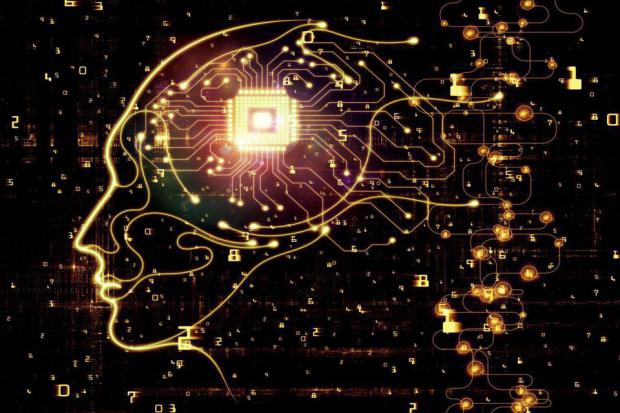
Breaking News
 BREAKING EXCLUSIVE: Kyle Rittenhouse Warns The Left Is Preparing To Stage A False Flag To Blame...
BREAKING EXCLUSIVE: Kyle Rittenhouse Warns The Left Is Preparing To Stage A False Flag To Blame...
 The Biggest Grid We Escaped (It Wasn't Power)
The Biggest Grid We Escaped (It Wasn't Power)
 Both Sides Gear Up For "War" As An Internal Revolution Begins To Erupt In The United State
Both Sides Gear Up For "War" As An Internal Revolution Begins To Erupt In The United State
 The Good News Is People Are Realizing We're On Our Own
The Good News Is People Are Realizing We're On Our Own
Top Tech News
 World's most powerful hypergravity machine is 1,900X stronger than Earth
World's most powerful hypergravity machine is 1,900X stronger than Earth
 New battery idea gets lots of power out of unusual sulfur chemistry
New battery idea gets lots of power out of unusual sulfur chemistry
 Anti-Aging Drug Regrows Knee Cartilage in Major Breakthrough That Could End Knee Replacements
Anti-Aging Drug Regrows Knee Cartilage in Major Breakthrough That Could End Knee Replacements
 Scientists say recent advances in Quantum Entanglement...
Scientists say recent advances in Quantum Entanglement...
 Solid-State Batteries Are In 'Trailblazer' Mode. What's Holding Them Up?
Solid-State Batteries Are In 'Trailblazer' Mode. What's Holding Them Up?
 US Farmers Began Using Chemical Fertilizer After WW2. Comfrey Is a Natural Super Fertilizer
US Farmers Began Using Chemical Fertilizer After WW2. Comfrey Is a Natural Super Fertilizer
 Kawasaki's four-legged robot-horse vehicle is going into production
Kawasaki's four-legged robot-horse vehicle is going into production
 The First Production All-Solid-State Battery Is Here, And It Promises 5-Minute Charging
The First Production All-Solid-State Battery Is Here, And It Promises 5-Minute Charging
 See inside the tech-topia cities billionaires are betting big on developing...
See inside the tech-topia cities billionaires are betting big on developing...
Computer Scientists Create Blueprint For Machine Consciousness

They've authored dozens of papers and taught for decades at prestigious Carnegie Mellon University. And, just recently, they published new research that could serve as a blueprint for developing and demonstrating machine consciousness.
That paper, titled "A Theoretical Computer Science Perspective on Consciousness," may only a be a pre-print paper, but even if it crashes and burns at peer-review (it almost surely won't) it'll still hold an incredible distinction in the world of theoretical computer science.
The Blum's are joined by a third collaborator, one Avrim Blum, their son. Per the Blum's paper:
All three Blums received their PhDs at MIT and spent a cumulative 65 wonderful years on the faculty of the Computer Science Department at CMU. Currently the elder two are emeriti and the younger is Chief Academic Officer at TTI Chicago, a PhD-granting computer science research institute focusing on areas of machine learning, algorithms, AI (robotics, natural language, speech, and vision), data science and computational biology, and located on the University of Chicago campus.
This is their first joint paper.
Hats off to the Blums, there can't be too many theoretical computer science families at the cutting-edge of machine consciousness research. I'm curious what the family pet is like.
Let's move on to the paper shall we? It's a fascinating and well-explained bit of hardcore research that very well could change some perspectives on machine consciousness.

 Storage doesn't get much cheaper than this
Storage doesn't get much cheaper than this

